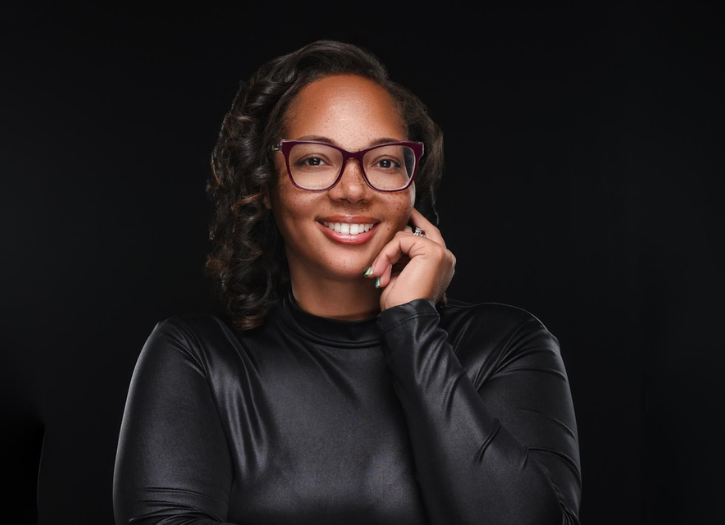Domestic violence is not often talked about as it relates to women being the perpetrators. Meet the woman who wrote a book on the subject after the loss of her brother due to a domestic violence incident.
What was the inspiration behind your book?
Marcia: The inspiration behind my book Shattered Yet Unbroken was to help others heal and bring awareness to domestic violence against Black men, a topic that is often overlooked. I wanted my story to be a source of healing for men, families, and generations to come. I also wanted people to understand that loss is not the end—there is a purpose in pain. Even when we don’t understand it at the moment, God always has a plan. Through loss, we can still find peace, joy, and strength. I hope that readers will learn how to turn loss into legacy and most importantly, realize that forgiveness is necessary. It’s not about the other person—it’s about your freedom. There is true power and healing in forgiving, and I want people to know that even in deep pain, they can rise, heal, and live again.

What challenges did you face while writing this book, and how did you overcome them?
Marcia: Writing the book meant reliving the past and the day my brother transitioned. It brought up intense emotions, but I allowed myself to feel everything. I cried when I needed to and gave myself space to grieve. In the end, it became a healing process. It also reminded me of the good times and the greater purpose this book will serve in helping others.
What events do you have coming up?
Marcia: I’m hosting my annual Living Free Experience conference, celebrating five years of Faith, Focus, & Finish Strong, from April 10–12 in Alexandria, VA. I also have a book signing event in my hometown of Siler City, NC, on April 26, where I will continue to share my story and the mission of healing.
How can readers and society as a whole contribute to preventing and addressing domestic violence?
Marcia: We must begin by healing from childhood trauma and other unaddressed pain. It’s essential to learn how to identify toxic relationships and patterns. Therapy, open conversations, and support without judgment are key. We need to talk about domestic violence openly—not hide from it—and be honest, even when we’re the ones who need healing. Real change begins with truth, community, and compassion.
How can our viewers remain connected?
Marcia: https://www.instagram.com/marciancole?igsh=MWtiYnRldWFhYW5vOA==
Photo Credits: Photo Provided by Marcia N. Cole







Add Comment